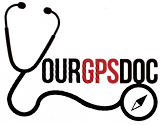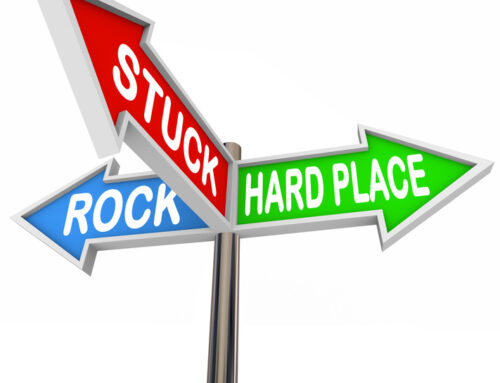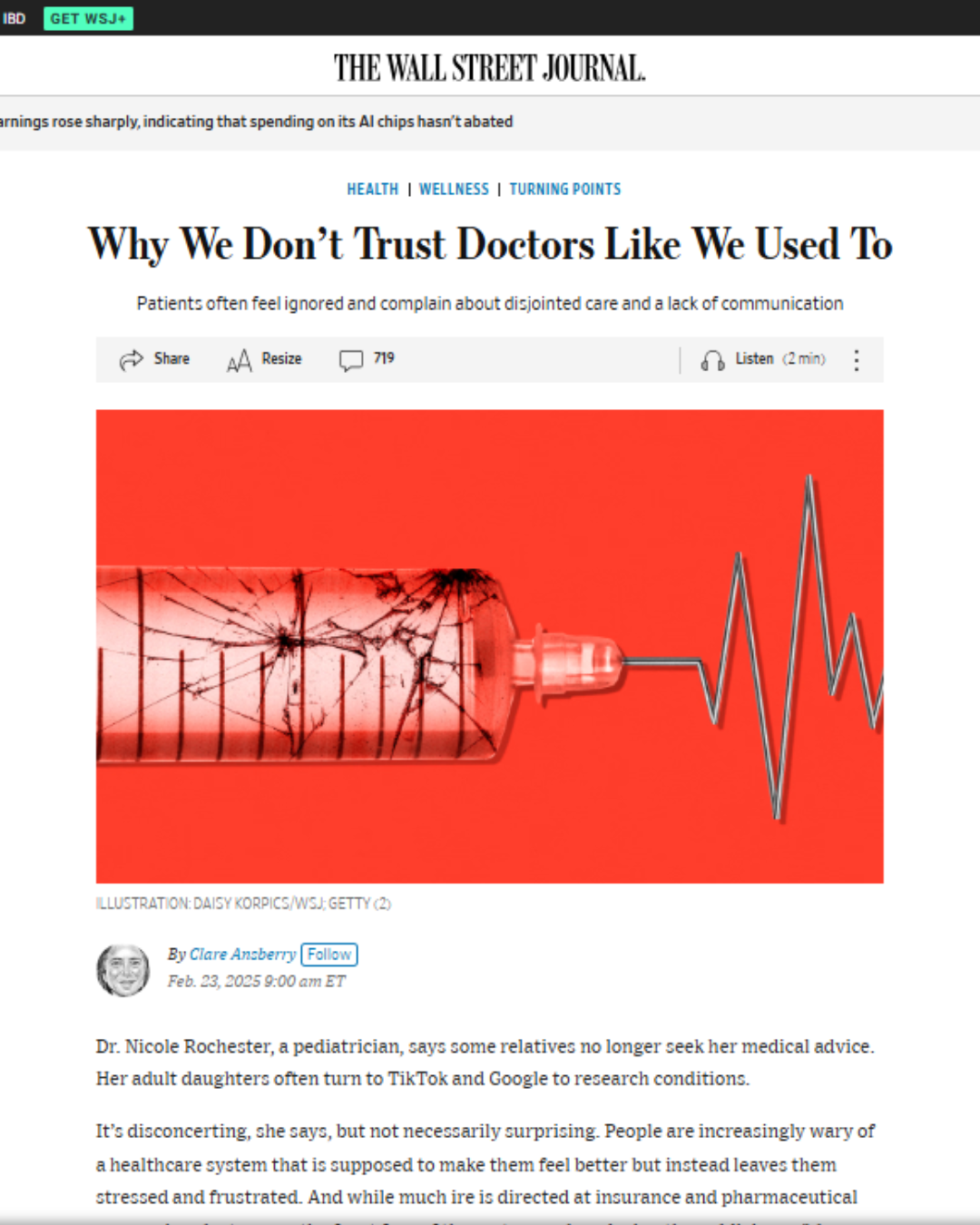In Simon Sinek’s iconic book Start with Why he states, “Regardless of WHAT we do in our lives, our WHY– our driving purpose, cause or belief– never changes.”
So I am going to start with my WHY.
Two months after having my first child, my mother died from leukemia. I had just finished my second year of medical school and had very little knowledge of clinical medicine. From my perspective, the doctors and nurses took very good care of her. She was being treated at a renowned university hospital with a nationally recognized cancer center. To be completely honest, I was so immersed in studying and being a new wife and mother that I wasn’t as involved in her care as I should have been.
Two years later, I graduated from medical school and went on to complete a residency program in pediatrics. After practicing in a primary care setting for several years I transitioned to hospital medicine. Working in the hospital for the last 12 years has been an eye-opening experience. Things happen at a rapid pace and patients and family members often get caught in the shuffle. Taking care of moderately to severely ill patients is routine for those of us in the hospital setting, but it is never routine for the patients and their caregivers. It is a time of significant anxiety and overwhelming fear. They have questions they cannot even articulate and often they have a limited amount of time to communicate with members of the healthcare team.
Eventually, “they” became “me.” I started experiencing medicine from the other side of the stethoscope. Numerous family members required hospitalization for various illnesses and I had to intervene to ensure they received the care they needed. My father developed dementia and was ultimately unable to care for himself. That is when my eyes were truly opened to the caregiver’s experience and the flaws in our health care system. I learned that policies and protocols often get in the way of excellent care. I learned that it was necessary for me to regularly advocate for my father’s needs. I discovered that we doctors are intelligent and caring, but we are fallible. Things slip through the cracks, despite our best efforts. I was exhausted trying to keep up with everything and I am a physician. I can “talk the talk.” I’m able to use my title when necessary to pull the proverbial strings. I started asking myself, “What does everyone else do? What happens to the people who have no medical professionals in their family?”
There is a gap between what patients and caregivers need to know and the information that is provided by the medical team. My mission is to fill that gap by helping others navigate the health care system.








I work with teenage parents, many times they accompany their infants to the doctor with little understanding of their child’s medical needs. I often find it necessary to go with the teen because I am disappointed with the outcome of the visit. The teen don’t understand the medical language, or instructions given by the doctor in order to help their child get well. I will certainly refer to this site to help navigate the medical jargon with the young parents. Much needed..thanks for your passion and for thinking out of the box.
Yvonne
Thank you for your comment. “Teach back” is a technique that we physicians should use to ensure parents and caregivers understand what we have said. This is a great topic for a future blog post.
My parents are in their mid-eighties, and in pretty good health. However, because I am a planner, I want to be prepared for the unexpected. I would like to gain more advice regarding a medical power of attorney.
This is the best time to do it–BEFORE you need to use it. Thanks for reading and for your comment.